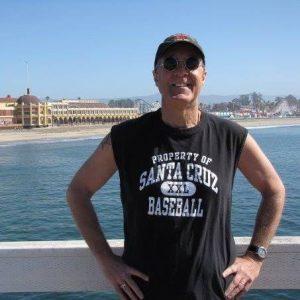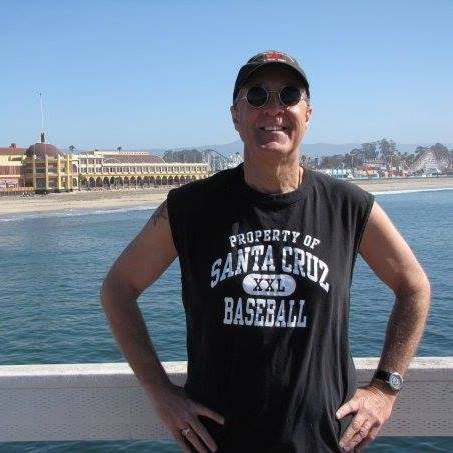Seth Root/For The Broadside
As a professor of Political Science, Rodney Hanson believes the key to being a good political science teacher is to give his students a liberal education. He tells his students that the classroom is not a “safe space,” but, rather, a space to expand the students’ minds to reach new ideas. According to professor Hanson, that can be a difficult task in a political science course.
How Hanson became the part-time political science professor is quite an interesting one. For 34 years, Hanson was a government teacher at at Redmond High School. Once he was diagnosed with cancer, however, he retired from teaching at the high school level. He later beat cancer and became a part-time faculty member in the political science department. He is one of the oldest political science professors at Central Oregon Community College.
Judith Stigler, also a part-time political science professor at COCC, said of Professor Hanson, “I have known Rodney Hanson for several years as a fellow Political Science instructor at COCC. I have always been impressed by his focus on what is best for students, and wanting to do his part to promote their interests. With Rod, it is always the student first.”
Hanson cares for his students, which is why he takes great lengths to make political science relevant in his classroom. Last term, professor Hanson used Trump’s impeachment trial as a way to get students thinking about just what the constitution says about impeachment.
Hanson also uses controversial yet relevant court cases to get students thinking about how to interpret the constitution. Hanson’s philosophy is to help students by challenging them to think about complex ideas in ways that are relevant to the time in which we live.
It appears to be successful. Hanson says that on average he has 25 to 35 students in his class, and a portion of those students are those that have taken a course from him already.

If being challenged and learning about political science sound fascinating, starting in March, Rodney Hanson will be teaching two political science classes. The first, PS 201: Intro to Government. Second, PS 205: Intro to International Relations.








